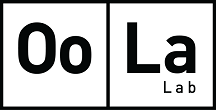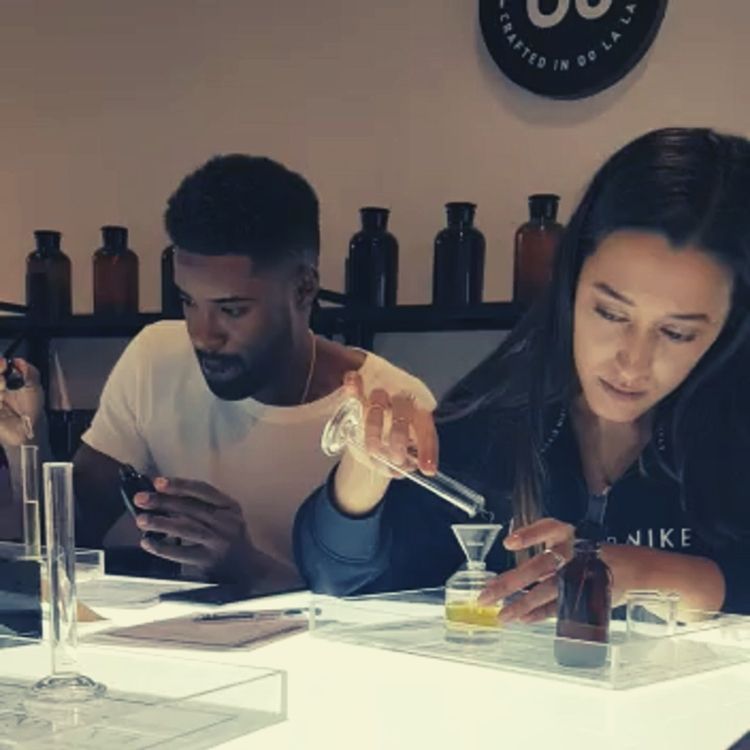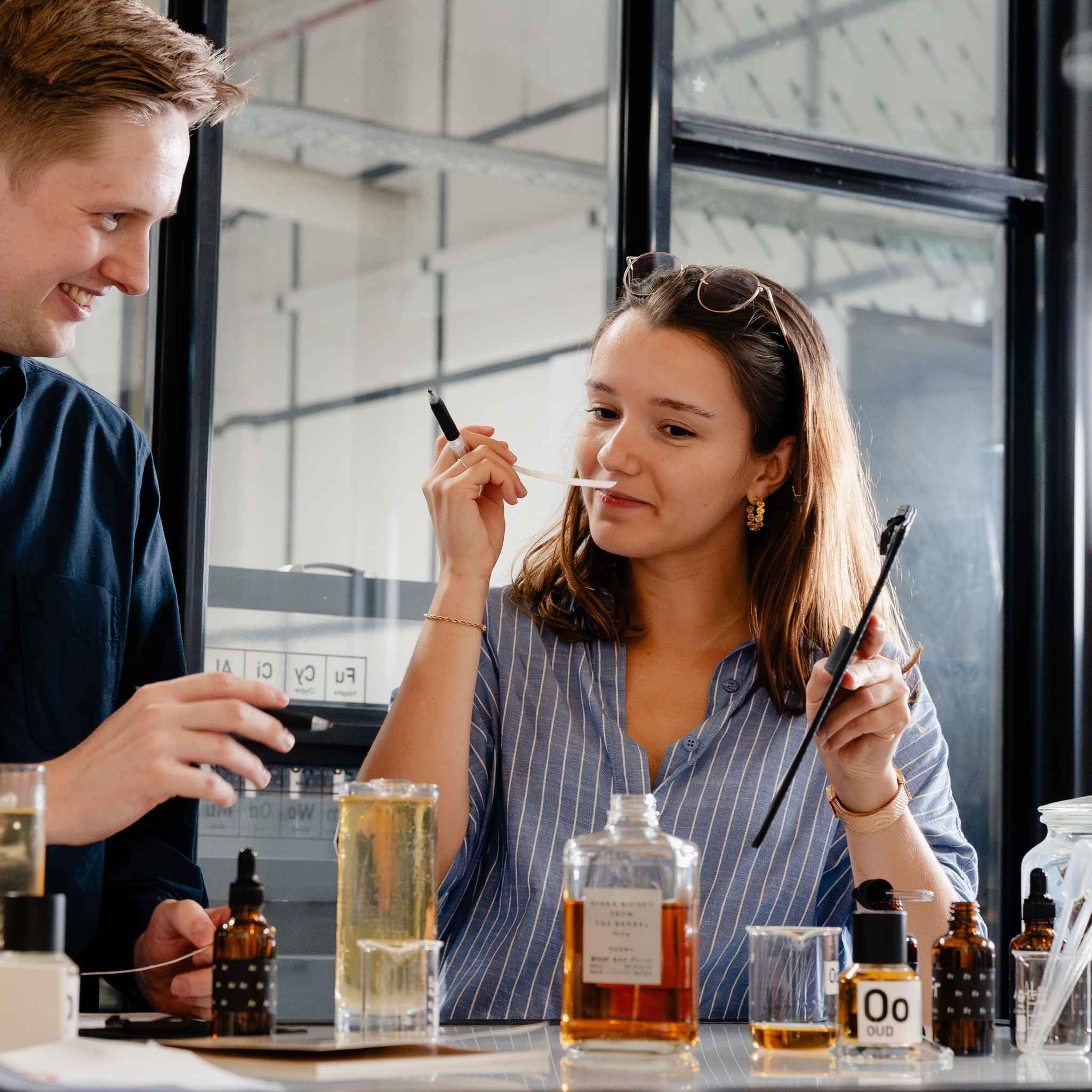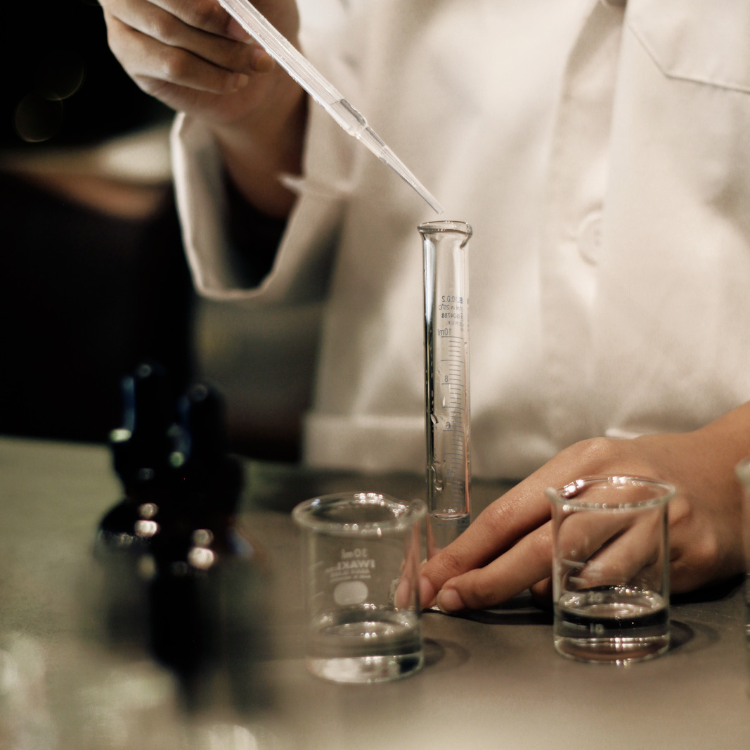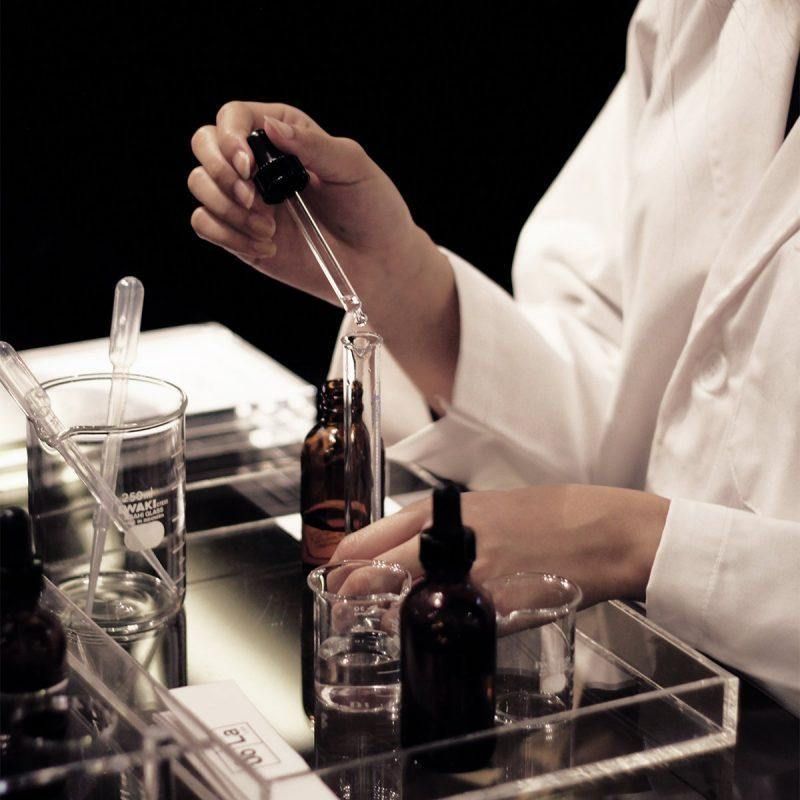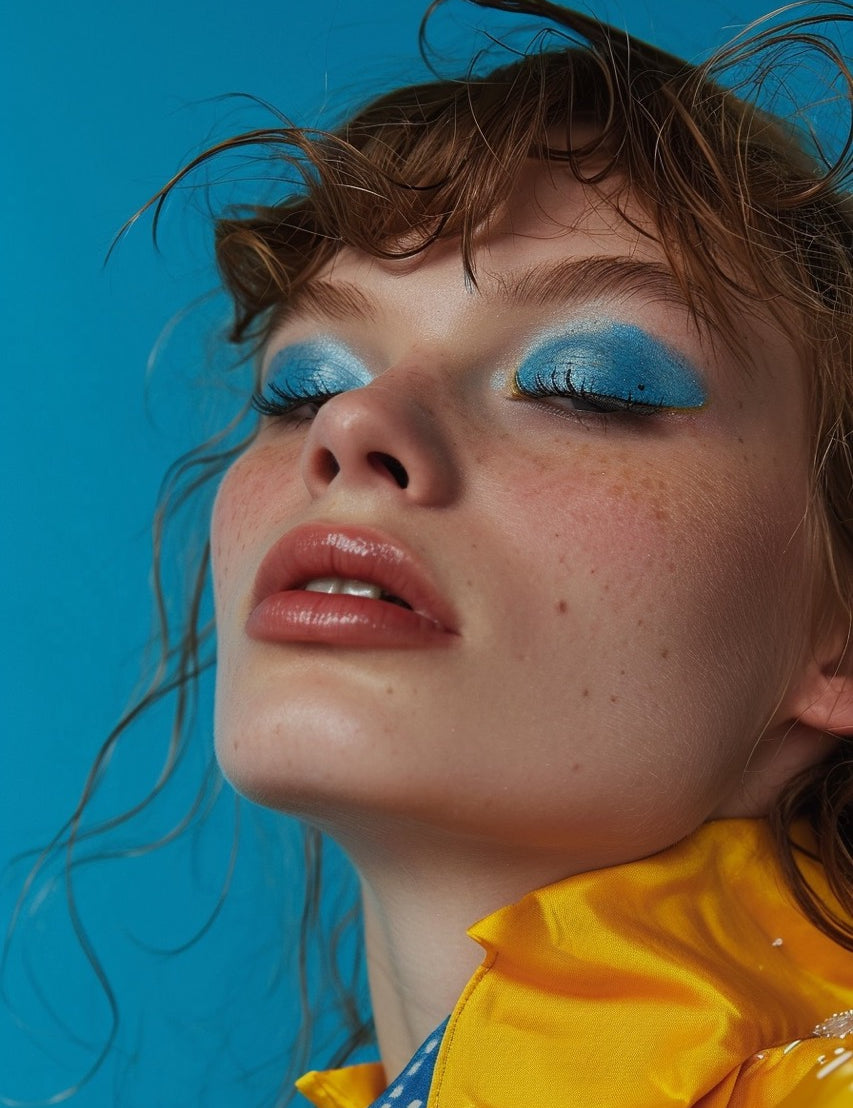How long does a bottle of perfume last?
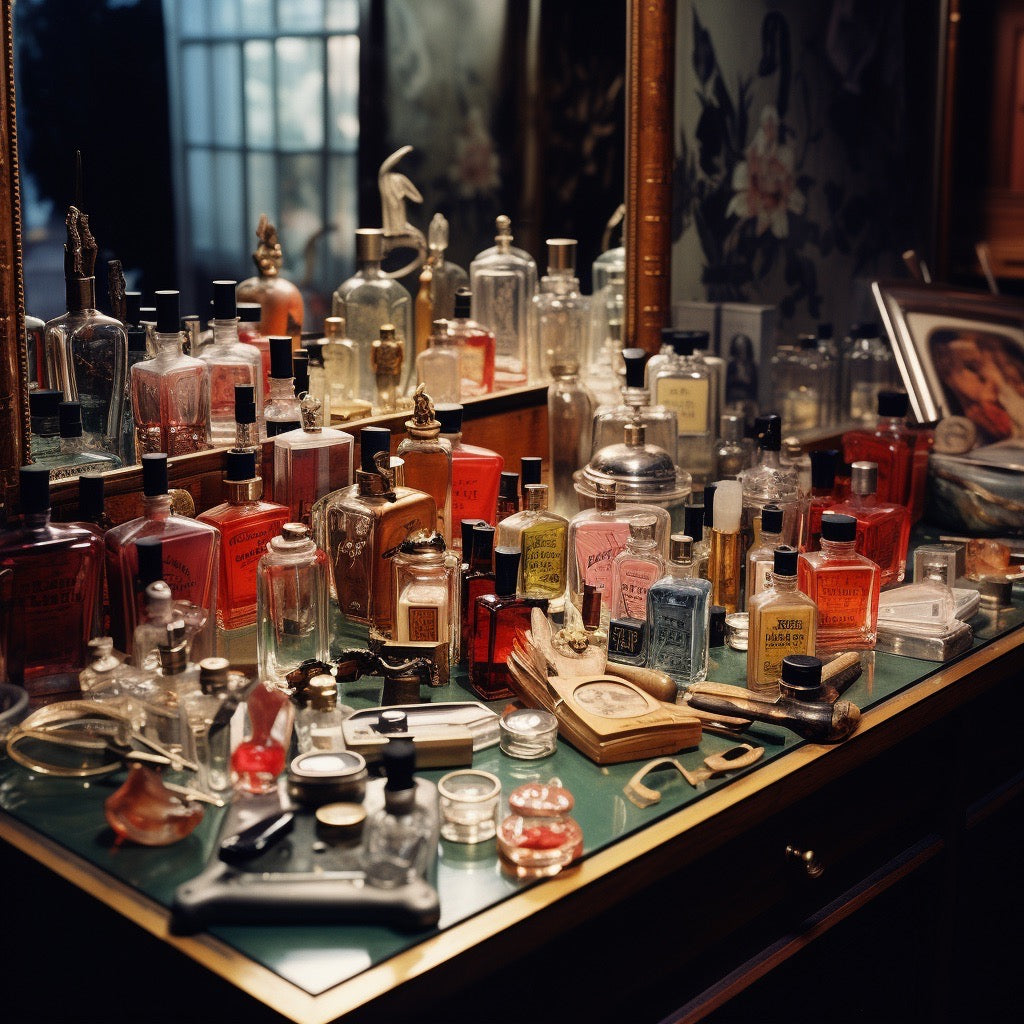
Lets unravel the Mysteries of Scent Longevity and Aging...
Perfume, a symphony of scents carefully composed, is a sensory journey that captivates the soul. Yet, as with any masterpiece, questions arise about its longevity and whether it undergoes transformations over time. In this olfactory exploration, we delve into the intriguing world of perfume, pondering the lifespan of fragrances, cultural influences, ingredient intricacies, geographical considerations, and the age-old question: Do some perfumes get better with time?
The Essence of Longevity: The Shelf Life of Perfumes
Perfumes, like fine wines, exhibit distinct characteristics over time. The longevity of a fragrance depends on various factors, including its composition, the quality of ingredients, and storage conditions. Contrary to popular belief, perfumes do not have a specific expiration date. Instead, their longevity is influenced by the interplay of ingredients, allowing them to evolve gracefully over an extended period.
Cultural Perspectives: The Scented Tapestry of Tradition
In different cultures, the perception of fragrance aging varies. Some cultures cherish the notion of aged perfumes, believing that they acquire a deeper, more complex character over time. In contrast, others may prefer the freshness of a newly acquired scent. Cultural attitudes towards perfume aging contribute to the diverse practices surrounding fragrance use and preservation.
Ingredients: The Alchemy of Time and Fragrance
The ingredients that compose a fragrance play a pivotal role in its aging process. Natural ingredients, such as essential oils extracted from flowers, woods, and spices, can mellow and mature, creating a harmonious blend. On the other hand, synthetic ingredients may exhibit more stability, maintaining their original character for an extended period. The interplay between these components contributes to the nuanced evolution of a perfume.
Geography: Climate's Influence on Olfactory Time Travel
Geography adds another layer to the fragrance aging narrative. In warmer climates, perfumes may evolve more rapidly, with the heat accelerating chemical reactions. Conversely, in cooler regions, fragrances may age more gracefully, revealing their complexity more slowly. The geography of perfume storage can become a silent conductor orchestrating the symphony of scents.
Age and Beauty: Perfumes that Flourish with Time
Certain perfumes, much like a well-aged wine, seem to blossom with time. This phenomenon is attributed to the melding of ingredients, creating a seamless and balanced composition. Vintage perfumes, celebrated for their mature character, may become sought-after collector's items, each bottle telling a story of its own evolution.
Preservation Practices: Prolonging the Olfactory Symphony
To preserve the longevity of perfumes, proper storage is paramount. Keeping bottles away from direct sunlight, maintaining a consistent temperature, and sealing them tightly can slow down the aging process. By practicing mindful preservation, fragrance enthusiasts can extend the life of their cherished scents.
In the grand tapestry of olfactory experiences, the lifespan of a perfume is a nuanced dance between time, culture, ingredients, and geography. Whether a fragrance evolves gracefully or maintains its original allure, the journey it takes is as unique as the individual who wears it. So, the next time you indulge in the world of perfumes, consider it not just as a fleeting moment but as a timeless symphony, where each note tells a story that unfolds with the passage of time.
Lets conclude with some action points:
The lifespan of a bottle of perfume depends on several factors, including:
Quality of the fragrance: Higher quality fragrances typically have a longer shelf life compared to lower quality ones.
Storage: The way you store your perfume can greatly impact its longevity. Perfumes should be stored in a cool, dark place away from direct light and heat.
Type of fragrance: Eau de parfum and extrait de parfum have a longer shelf life compared to eau de toilette and eau de cologne, which are lighter and more fleeting.
On average, a bottle of perfume can last anywhere from 1 to 5 years if stored properly. However, it's always a good idea to check the expiration date on the bottle, as well as any noticeable changes in the scent or colour of the fragrance, to determine whether it has gone off. If a fragrance smells rancid or has changed significantly in colour, it's best to dispose of it or retain the bottle as a visual memory.
